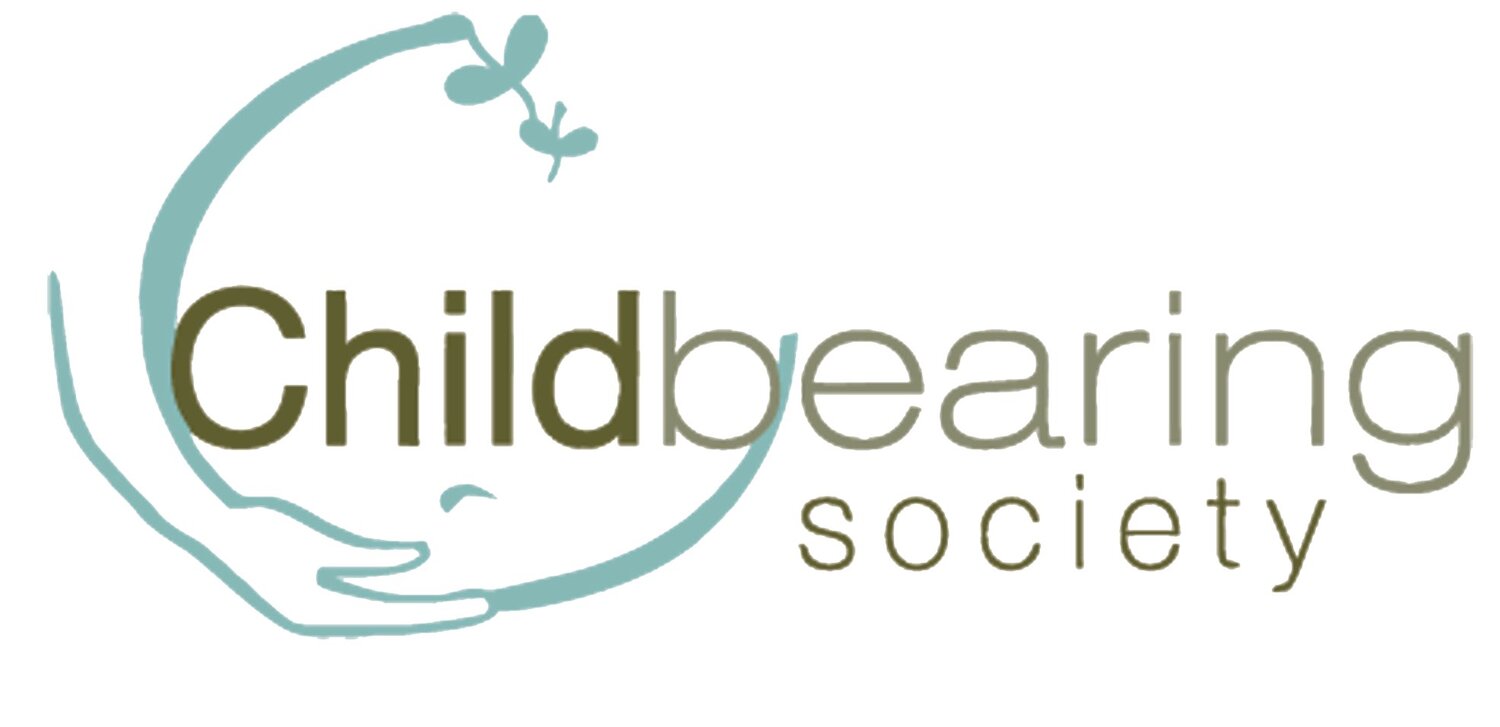Ask Childbearing: How do I know if I really need a medical procedure?
Q. How do I know if I really need a medical procedure? I want a natural birth, but I don’t want to put my baby at any risk by avoiding medical care I might need. How do we make these decisions?
A. Unless it’s an emergency, your clearest path forward is usually revealed by asking questions.
When faced with proposed interventions during labour, many families have found that asking questions helps them better understand their options. You can ask about the benefits (B), risks (R), alternatives (A), consult your intuition (I), and ask what if you do nothing (N), commonly known as the BRAIN approach. Keep asking questions until you feel satisfied that you are equipped to make an informed decision. After asking enough questions, you might decide that the intervention makes sense for you and your baby. It might improve baby’s safety, or your experience. And you can accept or welcome its inclusion in your birth wholeheartedly.
Or you might decide that the intervention would not be beneficial for you, in which case you can turn it down, trusting that you are making the best decision for you and your family. An example might be a suggested method of pain relief, which the caregiver is offering, but which you don’t feel you need. Asking the BRAIN questions will clarify the intended purpose, any risks, and whether there is harm in ‘doing nothing’. Of course, you also have the option of accepting it. It’s entirely up to you.
It is useful to consider some of the possible “what if’s” in advance. This allows you to research your options, and reflect on your preferences ahead of time, when you have the luxury of zero pressure and mental clarity. Discussing your options and beliefs with your partner or birth attendant ahead of time, will allow that person to better represent you in any discussions that arise while you focus on your labour. It can be useful to avail yourself of the weeks leading up to your birth to figure out how you feel about different interventions, and to reflect on what circumstances might lead you to seek or accept them.
Sometimes a medical procedure is clearly necessary for your or baby’s health or safety, but just as often, it is up to you to make the final decision that best suits your own beliefs, your own philosophies, your own goals, and your own assessment of the benefits versus risks of the intervention in that moment. If it is a medical emergency, trust your caregiver and shelve those questions! But much of the time, there is no clear answer, only choices. And ultimately, yours is the one that counts.

